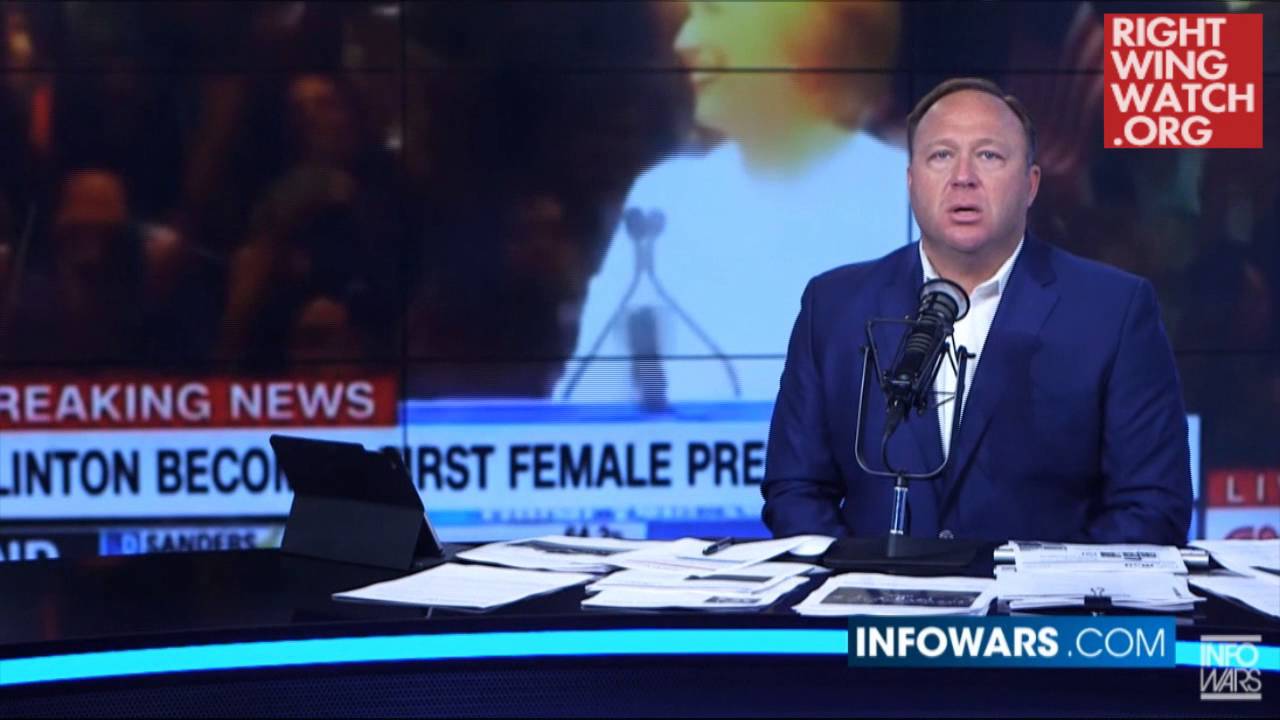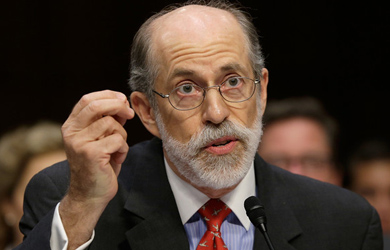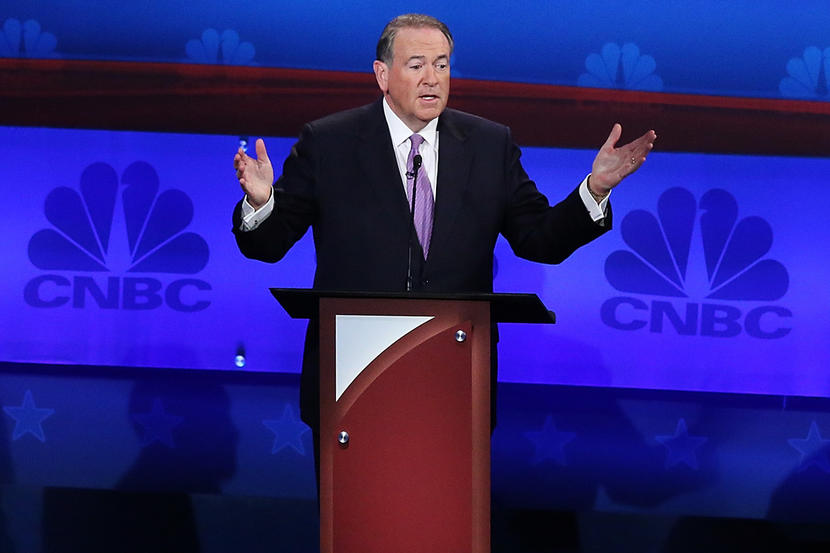Mitt Romney may have officially “won” the straw poll at the Values Voter Summit; Mike Huckabee may have been the crowd favorite; and what to do about Rudy Giuliani may have been the biggest question mark; but of all the presidential candidates, the one most talked about at the right-wing conference was Hillary Clinton. “Bill Clinton,” Tom Tancredo warned, is “now measuring the drapes in the Oval Office.” Rep. Jean Schmidt urged Giuliani rejectionists to realize “how important it is that we stand behind whatever candidate comes out that will be her rival, and stand behind that person, whether we agree with all their opinions and values or not. Because if we don’t, you will have that woman in power.”
Libertarian journalism David Weigel, moonlighting at the paleoconservative American Conservative magazine, notes that the visceral hatred many on the Right have for Sen. Clinton could be the only thing that holds the movement and the GOP together, at least in the hopes of Republican strategists:
It’s a balmy, beer-drinking evening in the middle of August, and the conservatives trickling in to a meeting of the Robert A. Taft Club can’t enjoy it. They’re mostly under-30 Washington professionals, and they’re fed up with the Republican Party. They think George W. Bush’s bumbling and ideological hat-trading have reduced the conservative movement to a pitiable, piddling state. If Karl Rove stepped inside, he’d come out looking like Oscar de la Hoya after a bout gone wrong.
They settle into a debate about the future of the conservative movement and the Republican Party. Panelists take turns whipping the party for its sins. “We beat them on immigration,” says Richard Viguerie, the direct-mail pioneer, “but right now, we just don’t have the strength or the resources to affect public policy the way we want to.” He beseeches the crowd to help save the movement, but that gets a muted reaction. So he steps it up: “I still think that in the short term, as many problems as we have right now, Hillary Clinton can bring conservatives back together.”
The name does the trick: soft laughter moves around the room. Keeping Hillary out of the White House is literally the only motivation some conservatives have to pull the Republican lever in 2008, especially if their party nominates a pro-choice candidate for the first time since 1976.
While many Republicans are crossing their fingers that a Clinton nomination will stir up the right-wing id into a frenzy of resentment, bringing back the anti-Clinton rhetoric of the 1990s—whether about Vince Foster or strong women—is not necessarily a recipe for victory. There will always be a core group that feeds off of even the most disgusting anti-Hillary marketing, but as Weigel points out, translating that into broader political success is another matter. GOP hatchet men started Stop Her Now and the Stop Hillary PAC to raise millions to prevent Clinton’s reelection to the Senate in 2006, but they hardly raised thousands. Even the steady stream of anti-Clinton books have fallen flat in sales.
That doesn’t mean it will stop. The Republican National Committee is already running against Clinton. We can probably expect Republican candidates, especially Giuliani, to keep taking Clinton as their de facto running mate unless and until the primaries prove otherwise, providing a foil always good for applause lines.







